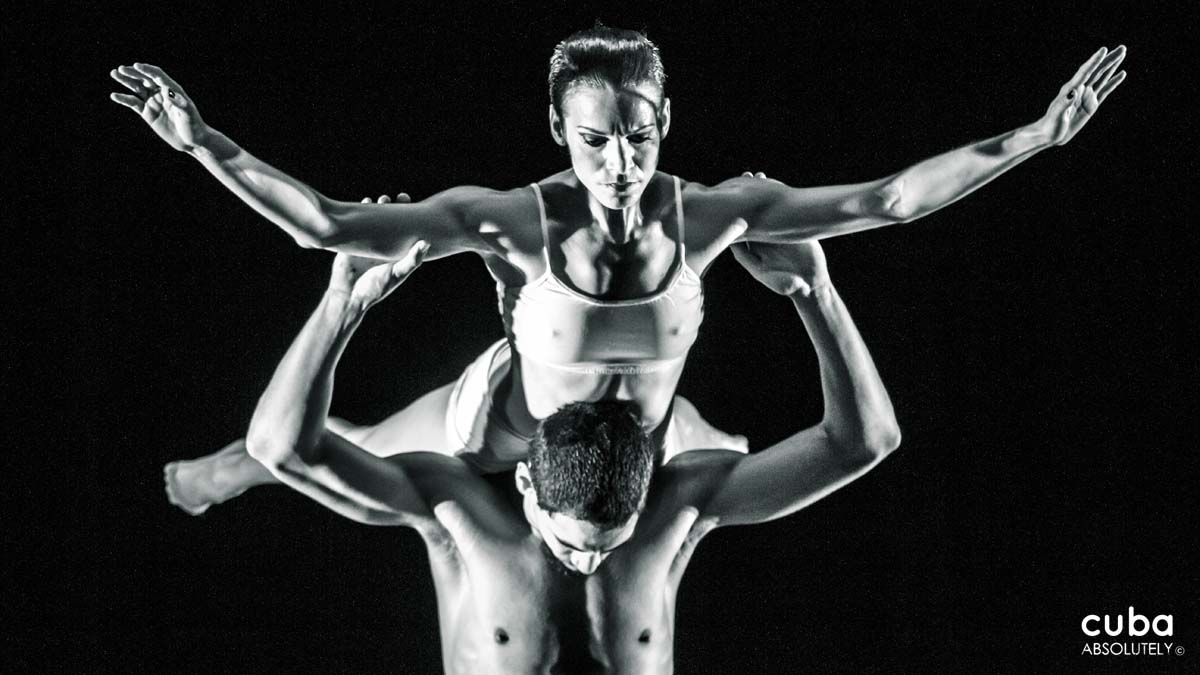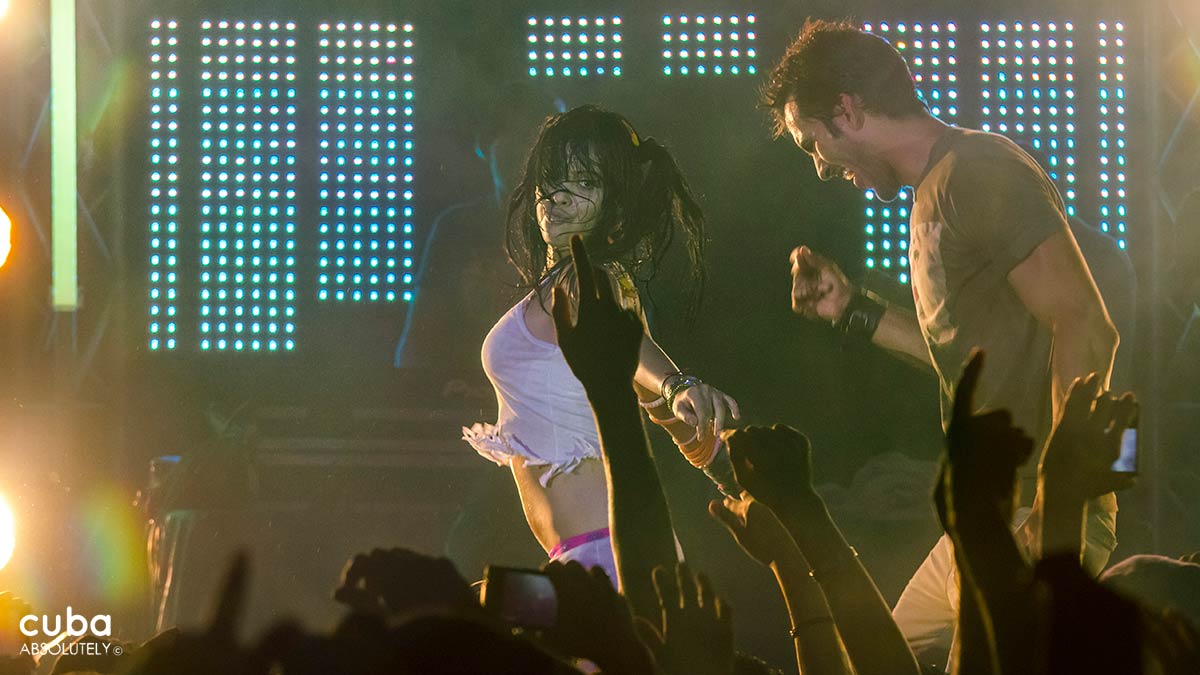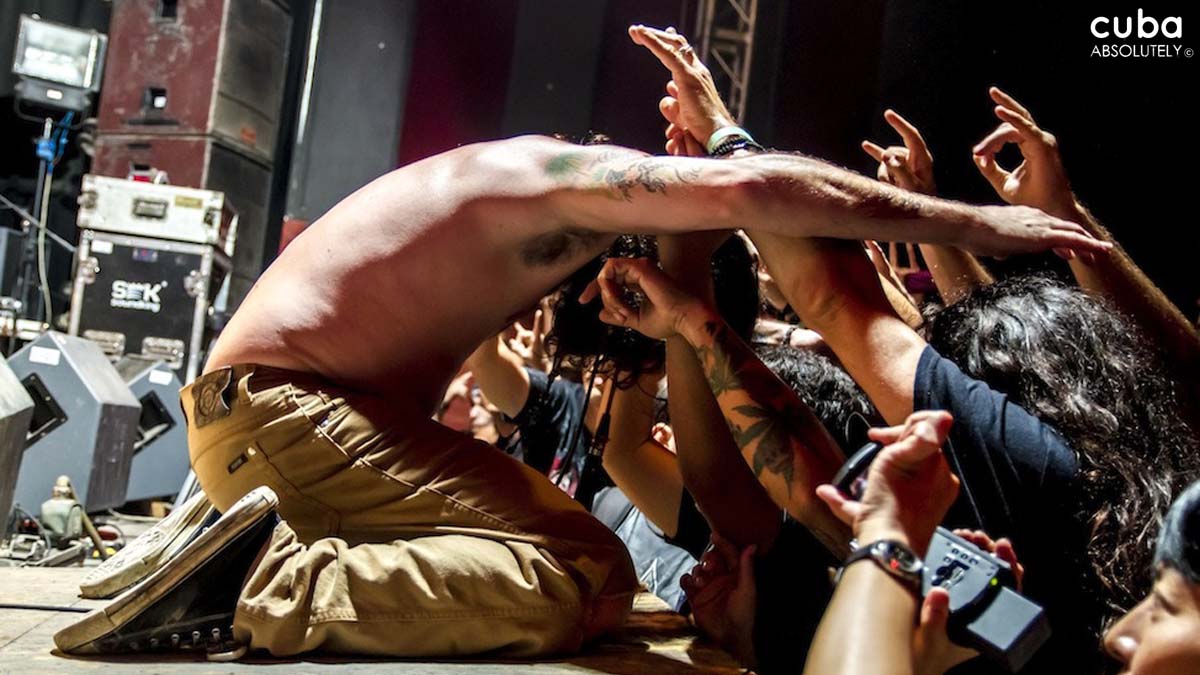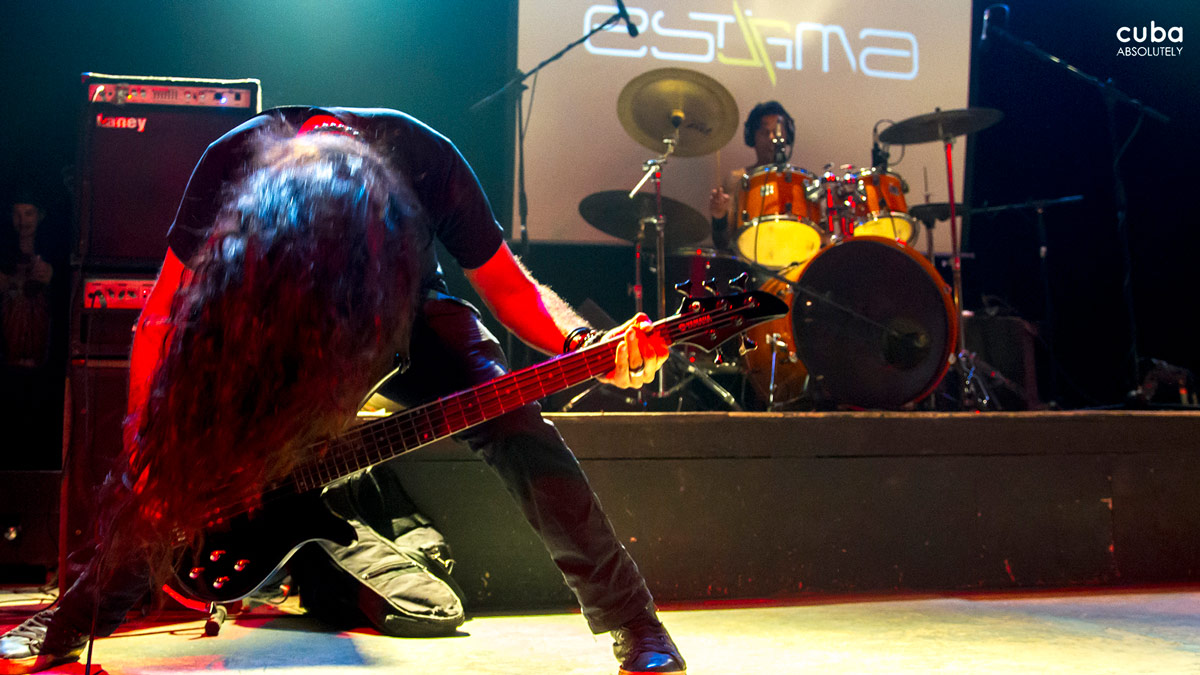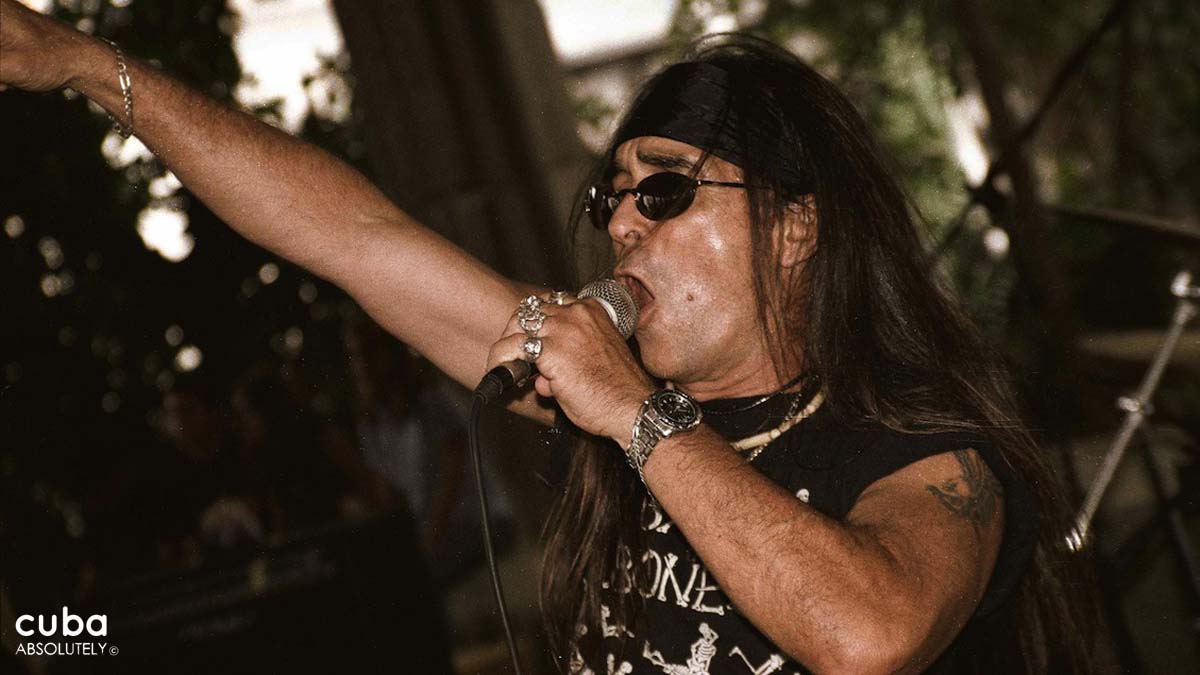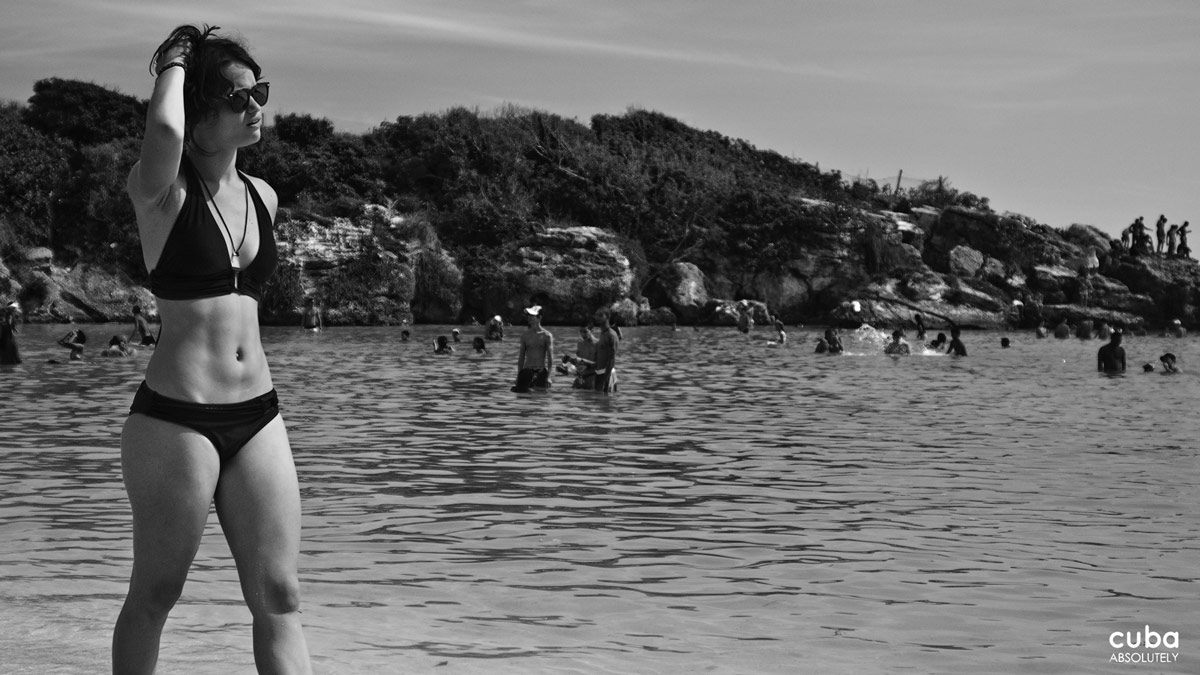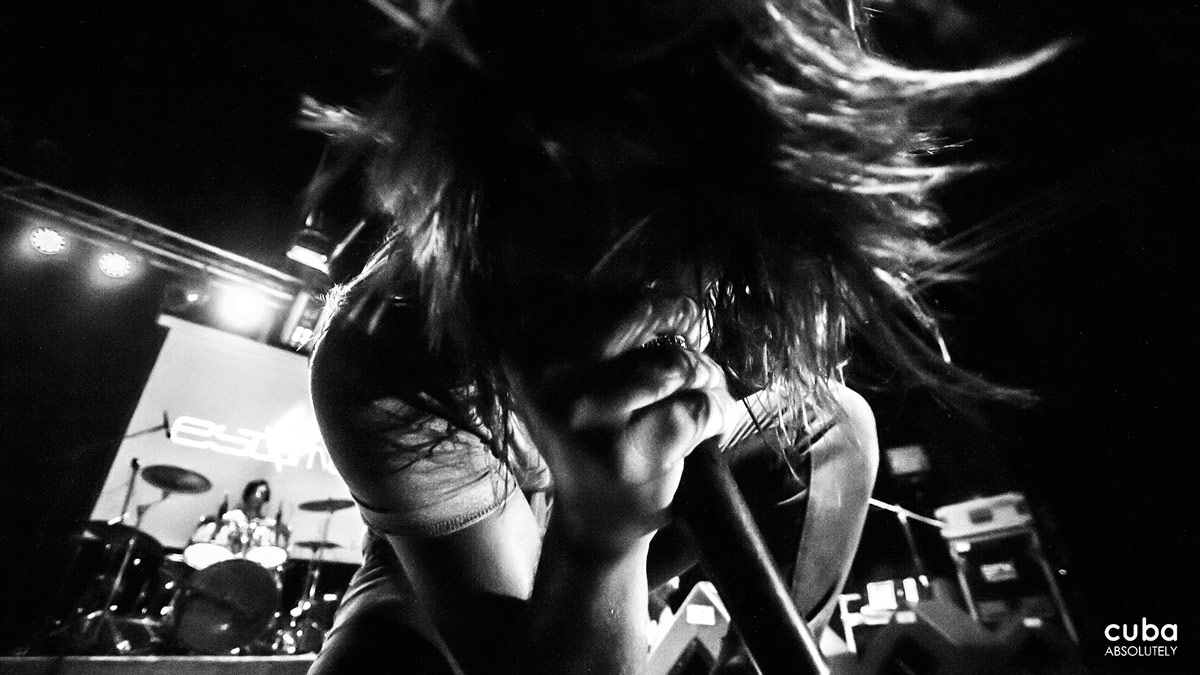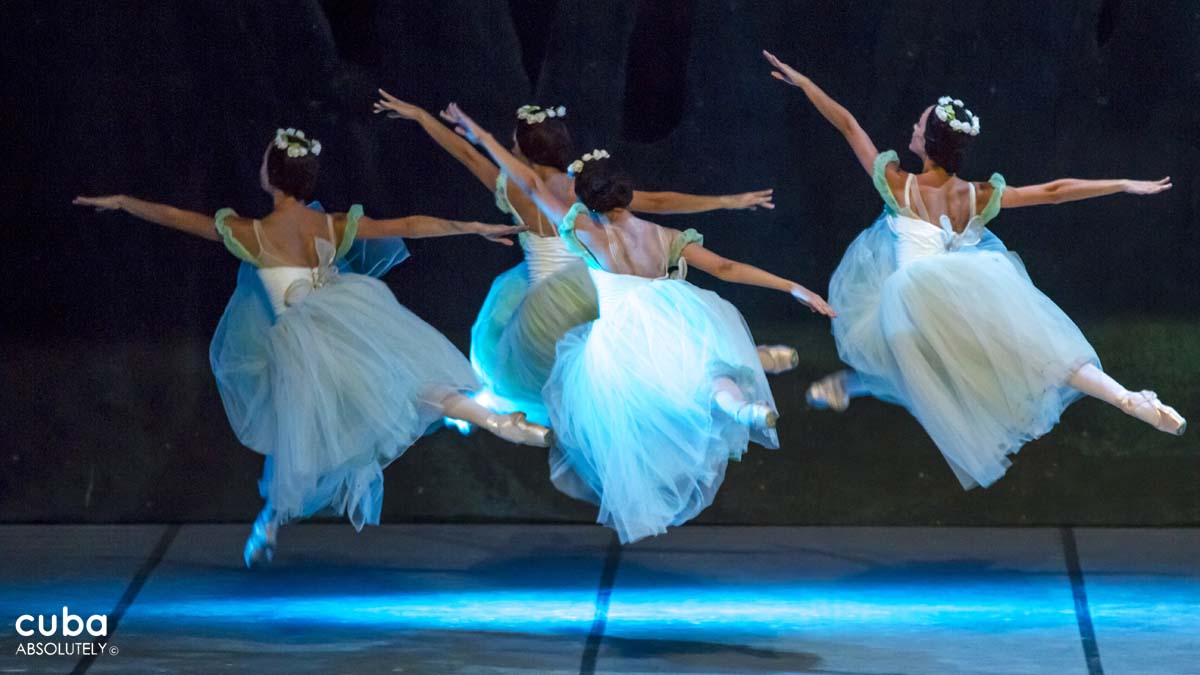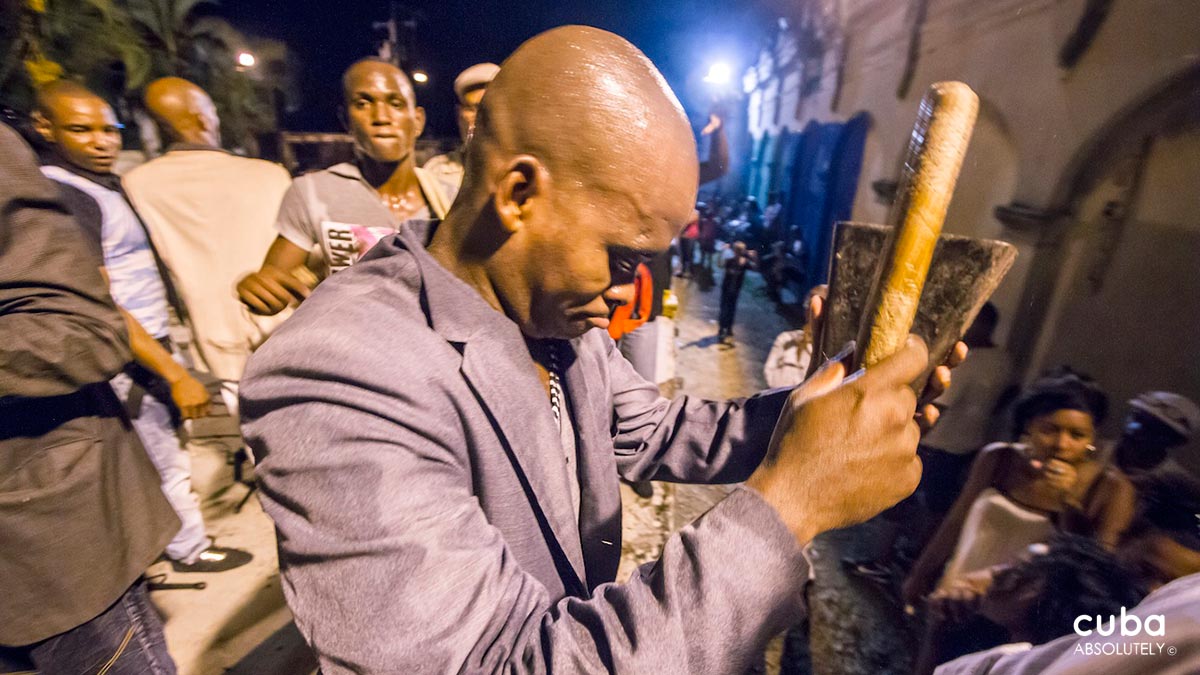We cannot thank Leo Brower enough for his contribution to Cuban culture. Not only for his work—possibly the most extensive and solid of all time of any Cuban composer—but also for the time he has devoted to cultural projects including organizing what I consider to be the most important concert music festivals in Cuba over many years.
I recall the International Havana Guitar Festivals and Competitions as happy years when I would ask for a few days off from work and take up residence at the National Theater. The competition performances allowed me to enjoy countless interpretations of Concierto de Aranjuez; applaud Cuban contestants who would later become maestros, such as Rey Guerra and Joaquín Clerch; predict a brilliant career for Argentinean Victor Pellegrini (who would end up staying in Cuba); or discover that Digna Guerra, in addition to being a magnificent chorus conductor, was also a fantastic accompanist pianist. Thanks to the concerts, I thrilled to the performances of guitar giants, such as Ichiro Suzuki, María Luisa Anido, Costas Cotsiolis, Alirio Díaz and David Russell, who made audiences roar with such enthusiasm that anyone could have mistaken the concert for a football match. His performance of Theme and Variations on the Aire Marlborough, by Fernando Sor, is one of my most treasured musical experiences.
When the International Guitar Festival disappeared, it left a void in its faithful followers that seemed difficult to fill, until many years later when Leo himself provided us with a source of comfort—the Leo Brouwer Chamber Music Festival which has established itself as one of Cuba’s annual cultural highlights attracting brilliant performances from national and international soloists and ensembles.
And as a bridge between both festivals—a happy union of two kinds of intelligent music, which owe their popularity to Brouwer’s undeniable prestige and charisma—Paco de Lucía arrived in Havana for the 2013 Chamber Music Festival. Twenty-six years after his last performance in Cuba, the world’s premier flamenco guitarist played to a packed Karl Marx Theater on October 2. Some people in the audience, including me, had “discovered” him in one of Havana’s guitar festivals from a bygone era, while others had been able to listen to his music only through recordings. The younger generations wanted to savor a live performance by this leading proponent of flamenco while the not-so-young were also curious about what time had done to this great guitarist.
Paco de Lucía dazzled the audience in a program that little by little mixed the “purest” flamenco with jazz, Latin rhythms and son. This he accomplished thanks to his intact virtuosity and artistry, acquired through years of training and an intense international career. The great musician from Cadiz and his accompanists, Antonio Sánchez (guitar), Antonio Serrano (harmonica), Antonio “Rubio de Pruna” Flores, David “Da vid de Jacoba” Maldonado (flamenco singers), Alain Pérez (bass), Israel “El Piraña” Suárez (percussion) and Antonio “Farru” Fernández (flamenco dancer), rocked the audience who wanted more and more and let them know with their endless rounds of applause. When he delighted us with Entre dos aguas, it seemed like time had not passed at all, neither for him nor for those of us who were lucky enough to have listened to him play for the very first time some 30 years ago.
It was rumored that he would return to Cuba after his upcoming tour of Latin America and spend some time in Havana. For now, I’m happy to have enjoyed another live performance by this “titanic figure in the world of flamenco guitar,” as described by Richard Chapman and Eric Clapton. And for this almost indescribable emotion, I say “Thank you, Leo!”
